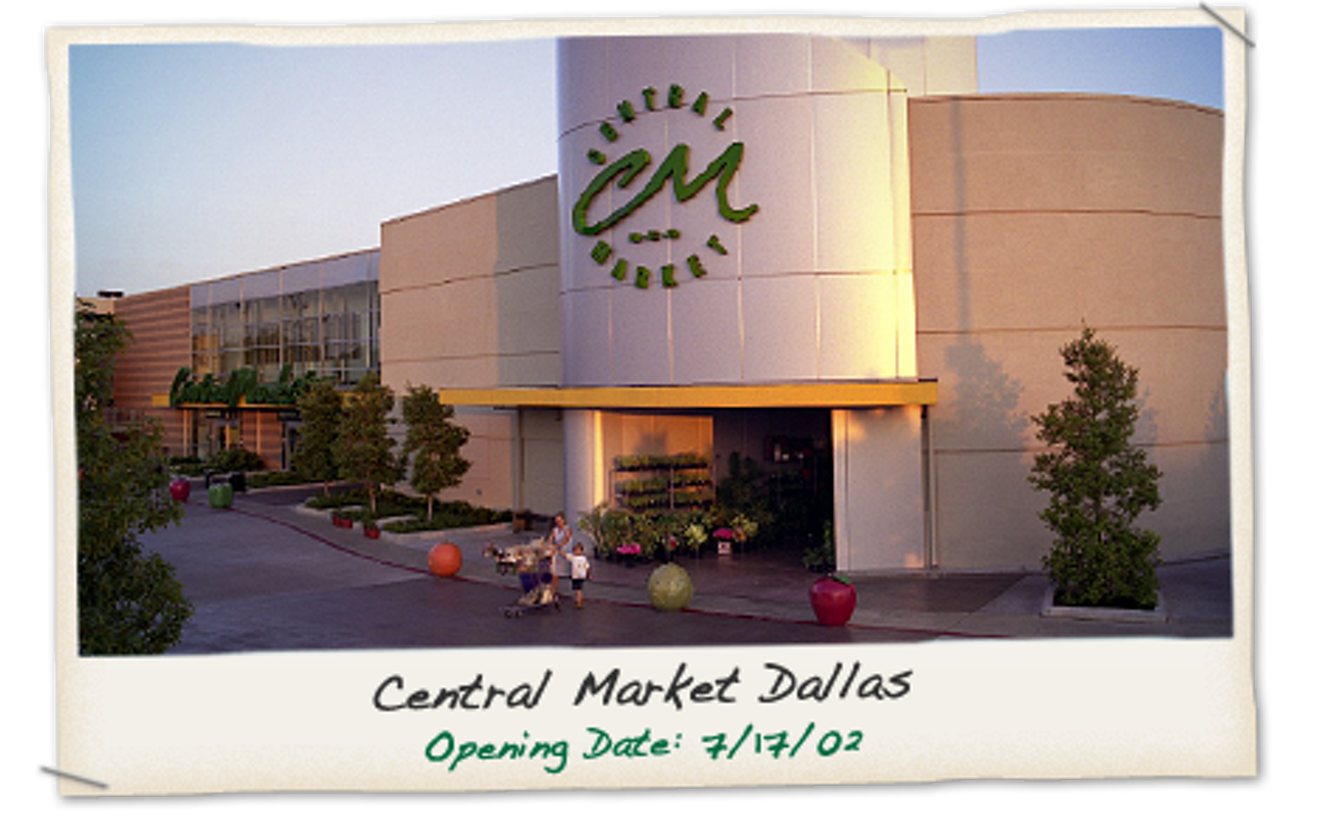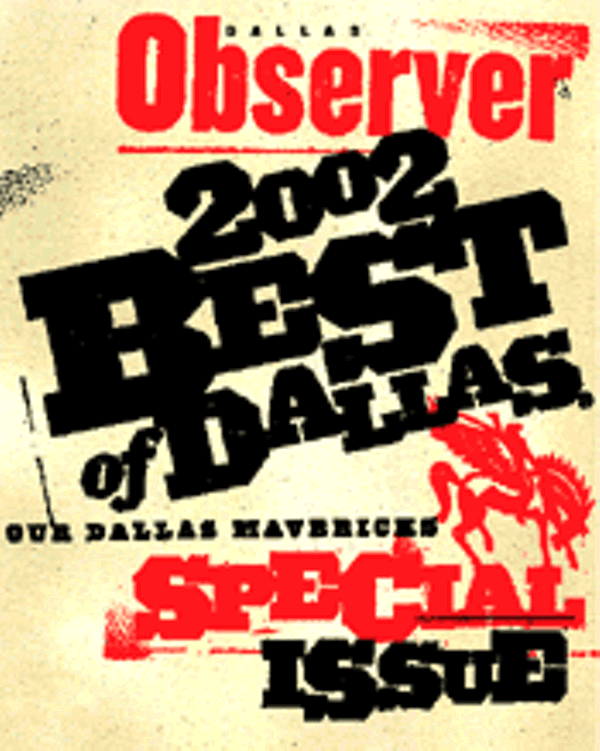It wasn't much of a party to begin with, but it looked as if the Barley House had gotten there when the last guests were putting on their coats and saying their goodbyes. When the Barley House opened almost 10 years ago, there weren't many other bars or restaurants in the Knox-Henderson area, and the ones that were there wouldn't be for much longer. Then, if Knox-Henderson was known for anything, it was the antique stores hanging around like a cobweb in the corner. It was a gamble, but to Joe Tillotson and his investors (including Richard Winfield and Scott Cecil), anything would be better than what they were doing before: They were stuck in boring grown-up jobs, working at a consulting firm, practicing law, actually using their degrees. They figured if they hung in there long enough, bluffed a little bit, they'd take home the pot.
They were right. Ten years later, the Barley House is a success, and so is Knox-Henderson, bars, restaurants and upscale retail crowded shoulder to shoulder on each block. While Tillotson, Winfield and Cecil (the latter two bought out the other investors long ago) aren't responsible for all of that growth, of course, they still deserve a thank-you note or two. Especially from the musicians who have played at Barley House (and Muddy Waters, the bar on Lowest Greenville they also own and operate); in the decade it's been around, a separate local music community has come to life at Barley and Muddy Waters, one that's much different from the one in Deep Ellum. Bands play there once and never leave.
"The Old 97's, the Cartwrights, Lone Star Trio--even back then, those kind of bands liked to hang out there and also play there," says Winfield, whose main role in the partnership is working with the bands. "You'll see guys from Slobberbone, Sorta and Sparrows, Little Grizzly, Pleasant Grove, Chomsky, Deathray Davies; they'll come in there to drink as much as to play. It sorta just happened, but it sorta keeps happening, as old bands go away or move on."
Despite their prosperity, Tillotson, Winfield and Cecil haven't worn themselves out patting each other on the back. They're staying in the game, still gambling. The trio dealt themselves another hand a couple of months ago when they opened the Metropolitan, a classy eatery situated in Stone Street Gardens, a downtown pedestrian mall on Main Street. Since the partners are trying to grow a garden among a patch of weeds, it's pretty much the same situation as it was a decade ago, only this time it's on a much grander scale; developers have tried and failed to revitalize downtown Dallas a dozen times over. But just as they did with the Barley House, Tillotson and his partners are willing to wait.
"When we signed a lease down there, we wanted a long lease, not because we were trying to lock ourselves in at a low rate for a long time, but really, we knew we needed to be there for a long time to really reap the benefits of being downtown," Tillotson says. "I think downtown won't be fully mature, even in our little two-block area, for about five years."
Downtown may have a ways to go, but the Metropolitan has already paid off for Tillotson, Winfield and Cecil--much better than they thought it would at this point. "When we first opened, we didn't advertise," Winfield says. "We just kinda opened the doors, see what's gonna happen. We've been pretty busy every night, getting a pretty good reaction as far as the food, the décor, whatever. People, they're in downtown, they expect for there to be places downtown. If you're from pretty much any other major metropolitan area besides Dallas"--he laughs--"there's something to do downtown. These guys will be walking down the street and they'll find us."
And they're raising the stakes: In the fairly near future, they may also find another bar-restaurant the trio is talking about opening farther down Main Street, a casual place that will be more along the lines of the Barley House. They know it would be easier to stake out a new spot in a more happening part of town or expand into safer markets--they've had opportunities to open a Barley House in Denton and Addison--but that's not the point.
"We're all from Dallas," Tillotson says. "We grew up here. Our families are from here. It's a lot more interesting and exciting for us to be in an area like downtown, to see that revitalizing. We didn't conceive of the Metropolitan and say, 'Where are we gonna put this?' We put what we thought was needed at that location. We think that fits that corner, fits downtown, fits what downtown is supposed to be like. We wanted to create a place that, you know, people thought, if it hadn't already been in downtown Dallas for 10 years or 20 years or 40 years, it deserved to be there."
Tillotson, Winfield and Cecil deserve to be there, too.







